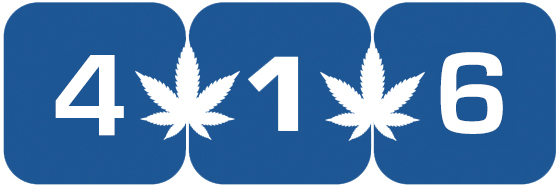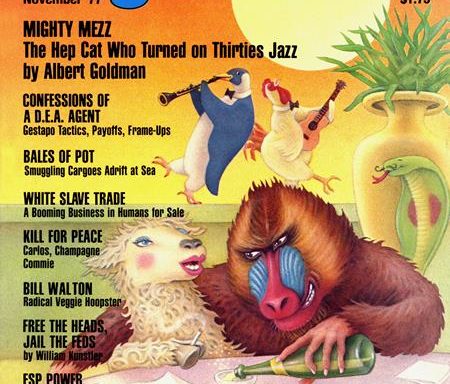In Ridley Scott’s historical epic Napoleon, the titular French conqueror, played by Joaquin Phoenix, marches into the deserts of Egypt and orders his soldiers to aim their cannons at the pyramids. The whole scene is a fabrication – one Scott, who directed the equally sensational Gladiator, also starring Phoenix, has already been called out by historians. But even if Napoleon Bonaparte did damage these world wonders, this wouldn’t have been the strangest thing to happen during his excursion into Asia Minor.
The imperial French army invaded Egypt in 1798 after capturing the Mediterranean port of Malta with two purposes: to break up trade routes between India and England, and to establish French rule in the Middle East. Ultimately, Napoleon’s biggest obstacle wasn’t the Egyptians themselves, but their love of hashish – a love that spread to his own soldiers, and which he eventually resolved to ban, thus laying the foundation for Western Europe’s approach to cannabis.
Rather than forcing their own customs onto the Egyptians, Napoleon urged his administrators to embrace the local culture. French forces, including scholars and scientists, established libraries and research centers to nourish their genuine interest in the many traditions and inventions of the Islamic world. Lacking access to their French wines and liquors, they also learned about hashish, and soon began frequenting the cafés, markets, and lounges where the substance was typically found.
Legend has it that Napoleon issued a ban on hashish because his soldiers were too stoned to fight, but this is as much of a misconception as Ridley’s film. In truth, hash did not become illegal until after the campaign had come to an end; the ban itself wasn’t implemented by Napoleon, but one of his generals; and its goal wasn’t to protect French citizens against the …
Read More
Author: Tim Brinkhof / High Times





